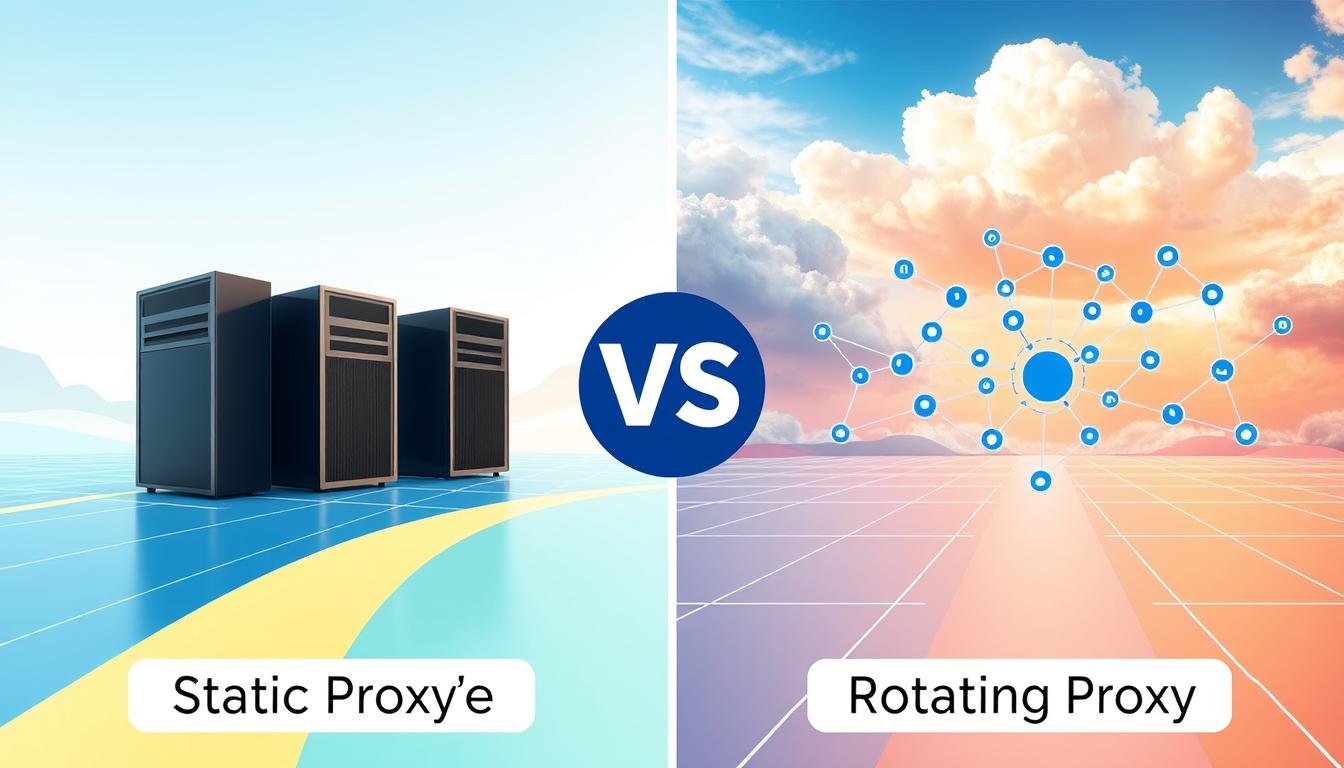FTC disclaimer: This post contains affiliate links and I will be compensated if you make a purchase after clicking on my link.
What exactly is machine learning?
The world we are living is constantly being bombarded with data of all kinds.
Machine learning enables analysis of such massive quantities of data and extracts the best information out of it.
Think it as a set of tools to derive meaning from data with less human intervention.
Through ML algorithms, you are telling the machines to learn themselves using statistical analysis, thereby making better decisions with the given dataset.
What is the purpose of machine learning?
At the core of many large systems sits a machine learning application that has totally changed the outlook of how we dealt with the ‘big data’ before.
ML allows producing profitable end results with data that are highly scalable, better in accuracy levels, higher level of efficiency particular over the IOT (Internet of Things) and much more.
The machine learning technology is widely used by almost all sectors that deal with a large amounts of data on a daily basis: Finance, Retail, Health Care, Government, Manufacturing to name a few.
What is the best programming language for machine learning?
Python mostly! Mainly due to its simplicity, abundance of libraries, strong community support and also an easy language to work with ML algorithms.
It is currently the most popular programming language for machine learning closely followed by C++, R, Java, JavaScript, etc.
But at the end of the day, which programming language suits your ML application all depends on what you want to build and what problems you are trying to solve with it.
How can I learn machine learning algorithm?
Starting with machine learning algorithms can be intimidating and confusing some times.
Make sure you get thorough with the prerequisites (core skills) in order to understand better.
- Python programming
- Knowledge in linear algebra and multi-variable calculus
- Python Library : Scikit-Learn
- Logistic regression
- Decision trees
- Statistics and Probability Theory
- Naive Bayes Theorem
- Gradient descent
- R programming
Machine Learning tutorials, courses, training and certification programs
Below is our pick of machine learning tutorials, courses, training and certification programs to get started with machine learning.
Machine Learning by Andrew Ng – Coursera
This is right now the most popular online course in machine learning offered by Stanford University.
This is the go to course if you want to start with Machine learning fundamentals and the course ratings validate the point with a mind blowing 4.9 stars from huge 90k students.
The machine learning Coursera course gives you a broad overview on the mathematical fundamentals of ML models and techniques.
The major plus are Andrew’s NG teachings with programming assignments and quizzes to make concepts clear.
Key Learning’s:
- Supervised and unsupervised learning
- Linear Algebra
- Linear and logistic regression
- Regularization
- Naive Bayes Theorem
- Implement ML algorithms in Octave
- Backpropagation algorithm
- Applied machine learning best practices
- SVM algorithm for Classification
Also Read: Best Coursera Machine Learning Courses, Specialization and Tutorials
Introduction to Machine Learning with Columbia University – EDX
One of the best resources you could find online to study in-depth ML concepts.
The machine learning Edx course teaches you advance concepts of machine learning and is apt for those who come from a strong math background.
It goes to a great extent in explaining the ML algorithms and math concepts of various ML techniques.
The course is free to enroll and part of their micro masters AI program and requires you to put in at least 8- 10 hours of studying time.
You have to pay $300 if you want a verified machine learning certificate upon course completion.
Key Learnings:
- Supervised ML techniques (Regression and Classification)
- Unsupervised ML techniques (Data modeling and analysis)
- Probabilistic Vs Non- probabilistic viewpoints
- Optimization and inference algorithms for model learning
Machine Learning A-Z: Hands-On Python & R in Data Science – Udemy
This is by far the most popular and best selling machine learning course at Udemy.
The course has outstanding reviews from 70k students and has seen around 3 lakh enrollments already.
Once enrolled, you get lifetime access to the course materials with downloadable Python and R code templates and a course completion certificate.
Key Learning’s:
- Data Preprocessing
- Regression
- Classification
- Clustering
- Association Rule Learning
- Reinforcement Learning
- Natural Language Processing
- Deep Learning concepts
- Dimensionality Reduction
- Model Selection and Boosting
Machine Learning Specialization – Coursera
Another popular machine learning training program at Coursera, it helps you master ML fundamentals with a hands-on approach.
Offered by the University of Washington, the specialization has four courses in total and takes approx 8 months to complete it.
Key learning’s from this Specialization.
- Hands-on experience with ML from a series of practical case-studies.
- Build an end to end application that uses ML at its core.
- How to implement ML techniques in Python.
- Explore regularized linear regression models for the task of prediction and feature selection using case studies.
- Implement a classification model on a loan prediction case study.
- How to examine similarity-based algorithms for retrieval.
- Cluster documents by topic using k-means and much more.
You can either enroll to an individual course to study a particular topic in-depth or subscribe to the entire the course catalog.
Course 1: Machine Learning Foundations: A Case study Approach
Course 2: Machine Learning: Regression
Course 3: Machine Learning: Classification
Course 4: Machine Learning: Clustering & Retrieval
Machine Learning Engineer Nanodegree Program – Udacity
Udacity has partnered with Kaggle and AWS and came up with their highly sought after machine learning Nanodegree training program.
It gives you an excellent start to ML with 6 technical projects (with lectures and quizzes) including one capstone project at the end.
A strong fundamental in Python, linear algebra and statistics is a prerequisite before enrolling in the program.
By the program completion, you will have a fair mastery in ML namely Supervised, Unsupervised, Reinforcement and Deep Learning fundamentals.
Machine Learning Certification Training – SimpliLearn
SimpliLearn’s machine learning certification course comes with an instructor led online classes, hands-on exercises, industry based projects and lifetime access to the course material.
Key Learnings’s:
- Master Machine learning concepts and techniques such as supervised and unsupervised learning, times series modelling, etc
- Statistical aspects of machine learning
- How to implement ML models in Python
- Validate ML models and decoding the accuracy of metrics
- How to use optimization algorithms
If you enroll for their self paced e-learning model, you can learn the course with pre recorded videos.
But if you want to attend live training as well as access to pre-recorded videos, enroll to their flexi pass learning model.
Machine Learning Certification Training using Python – Edureka
Edureka provides flexible Instructor lead online classes and you can earn a shareable machine learning certificate upon course completion.
The certification program aims at teaching you practical uses of ML algorithms in Python language.
The course has a total of 34 case studies and 3 projects using Jupyter Notebook pre installed in Cloud Lab environment.
Key Learning’s:
- How data science helps to analyse large and unstructured data with different tools.
- How to extract, arrange, analyse and represent data in graphical format.
- Machine learning concepts and types of ML algorithms
- Learn Supervised learning techniques and its implementations
- The impact of dimensions within data
- Unsupervised learning: Various clusters used for data analysis
- Reinforcement learning
- Time series analysis to forecast dependent variables
- Learn about selection and boosting and its importance in ML.
Introduction to Machine Learning with R – DataCamp
Data camp is an online learning platform where you can find simple and interactive machine learning tutorials.
The machine learning with R has in total 4 courses and covers the basis of prediction using machine language in R language.
Key Learning’s:
- Supervised and Unsupervised learning in R
- How to build and evaluate predictive models
- How to process data for modeling
- How to train, visualize, access ML parameters for better performance
Machine Learning Contest Platform – Kaggle
Kaggle is a popular ML platform that hosts data science competitions.
It houses a handful of datasets where you can practice ML models and try solving real life problems.
UCI Machine Learning Repository – UCI
It is a machine learning community with around 400 plus datasets to practice.
U.S Government Open Data – Data.Gov
Here you can find a huge collection of datasets (3L+) from the U.S Government’s open data.
Machine Learning Tutorials – Blogposts
Apart from the machine learning courses online, you can follow these blog posts to get great insights on Machine Learning topics.
Machine Learning Mastery from Jason Brownlee
Distill articles on ML
Google’s Blog on AI
Andrej Karpathy Blog on Github
YouTube Playlists on Machine Learning:
Machine Learning Recipes with Josh Gordon
Machine Learning Summer School
Machine Learning from Mathematicalmonk
Practical Machine Learning with Python from Sentdex
Let us know in the comments sections what are your best picks for learning ML?
Happy Data Learning!








